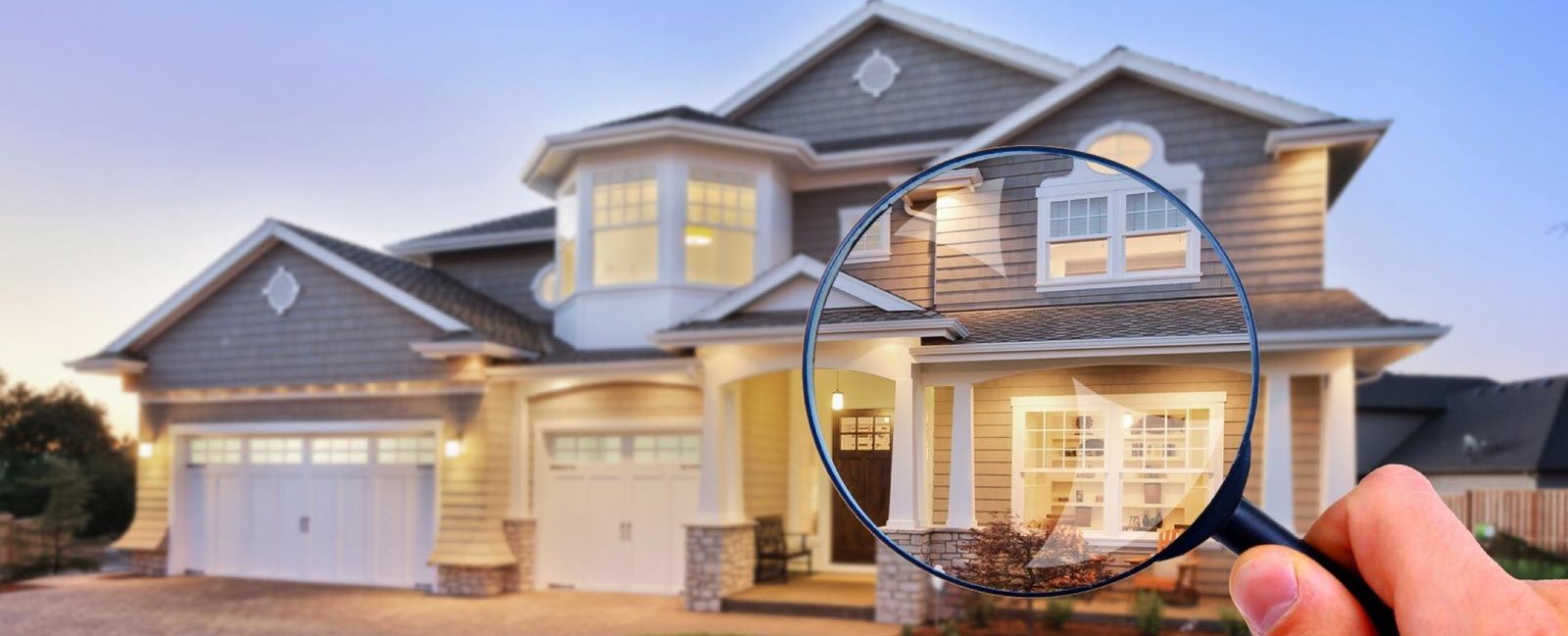Purchasing a new home is a major life milestone, and naturally, you expect everything to be in perfect condition. After all, it’s a brand-new property, so why would there be any issues, right? While new homes are generally in better shape than older properties, the reality is that even newly constructed homes can have hidden problems. This is why a new home inspection is an essential step that every homebuyer should take before finalizing the purchase.
In this blog, we’ll walk you through why a new home inspection is important, what it covers, and how it can save you from costly repairs and stress down the line.
Why You Need a New Home Inspection
It’s easy to assume that new homes are free from defects or issues since they haven’t been lived in yet. However, construction errors, rushed work, or overlooked details can still occur, which is why an independent inspection is necessary. Here are a few key reasons why a new home inspection is vital:
- Construction Defects
Even the most experienced builders can make mistakes. From structural problems to plumbing and electrical issues, an inspection helps uncover any construction flaws that could compromise the safety and functionality of your new home. - Code Violations
Building codes are in place to ensure the safety of homeowners. If your builder has missed key regulations or taken shortcuts, a professional home inspection can catch those issues and potentially save you from costly repairs down the road. - Incomplete or Rushed Work
Builders sometimes rush to complete a project on time, which can lead to unfinished or improperly completed work. A home inspection will ensure that everything is done properly and to standard, so you’re not left dealing with unfinished details after moving in. - Warranties
Many new homes come with warranties, but these typically only cover defects that are caught within a specific timeframe. If any issues go unnoticed at the time of purchase, they might not be covered later. A new home inspection ensures that any problems are identified before your warranty expires. - Peace of Mind
No one wants to move into a new home only to discover significant issues later. A thorough inspection gives you the peace of mind that your new home is in tip-top shape and will be trouble-free for years to come.
What Does a New Home Inspection Cover?
A new home inspection may be similar to a standard inspection for an older home, but with a special focus on construction quality and adherence to building codes. Here are the main components a new home inspector will check:
1. Structural Integrity
The inspector will assess the foundation, framing, and overall structure of the home. Any cracks, uneven flooring, or signs of settlement could point to potential foundation issues that need addressing early.
2. Roofing and Gutters
Even a brand-new roof can have issues, such as improperly installed flashing or shingles that could cause leaks. The inspector will also check the gutters and downspouts to ensure they’re properly installed and functioning.
3. Plumbing Systems
New plumbing systems can sometimes be installed incorrectly, leading to issues like low water pressure, leaks, or drainage problems. A professional inspection will ensure your plumbing is up to standard and functioning as it should.
4. Electrical Systems
A faulty or improperly installed electrical system can pose serious safety hazards. Your inspector will check the electrical panel, outlets, and wiring to ensure everything complies with building codes and is safe to use.
5. HVAC Systems
The heating, ventilation, and air conditioning (HVAC) systems are crucial for your home’s comfort and energy efficiency. The inspector will ensure these systems are installed correctly and functioning properly.
6. Windows, Doors, and Insulation
Issues like poor window seals, improper door installations, or inadequate insulation can affect the energy efficiency of your home. An inspection will identify these problems before they become a long-term issue.
7. Safety Features
The inspector will check that all safety features are in place, such as smoke detectors, carbon monoxide detectors, and emergency exits. These are critical for ensuring the safety of everyone in the house.
8. Cosmetic Finishes
While not as critical as structural issues, cosmetic finishes (such as flooring, paint, and trim) will also be reviewed to ensure the home has been completed to the highest standard.
When Should You Schedule a New Home Inspection?
Timing is important when scheduling a new home inspection. Here are the best times to have an inspection done:
- Before Closing the Deal
Ideally, you should schedule your inspection before closing on the property. This will give you time to address any major issues that may be found. If the inspector uncovers problems that are significant, you may want to renegotiate with the seller or builder. - After the Builder’s Final Walkthrough
Builders often conduct a final walkthrough with the buyer before the keys are handed over. It’s a good idea to schedule your inspection immediately after this walkthrough, as it will give the inspector a clear view of the home before you move in. - During the Warranty Period
If you’ve already moved into the home, it’s smart to schedule a new home inspection before your builder’s warranty expires. Most new home warranties last between one and two years, so having an inspection before the warranty period ends will help ensure you’re covered for any necessary repairs.
How Much Does a New Home Inspection Cost?
The cost of a new home inspection in Canada typically ranges from $300 to $600, depending on the size of the home and the area. Larger homes or homes with complex systems might incur additional fees. It’s worth considering the cost of the inspection as an investment in the long-term value of your home. A relatively small fee now can save you from significant repair costs later on.
Additional tests, like radon or mold inspections, can be added to the basic inspection for an extra cost, usually ranging from $100 to $300. Make sure to discuss these additional services with your inspector beforehand.
What Happens After the Inspection?
After the inspection, you’ll receive a detailed report outlining the inspector’s findings. The report typically includes:
- Photos: Visual evidence of any issues discovered during the inspection.
- Descriptions: A thorough breakdown of each issue found and its potential implications.
- Recommendations: Advice on what actions should be taken to address the issues, including repairs or replacements.
- Estimated Costs: Some reports will include cost estimates for fixing the identified issues.
If major issues are found during the inspection, you can take the report to the builder or contractor and ask for repairs or adjustments. If the builder refuses to fix these problems, you may be able to negotiate a lower price or walk away from the deal, depending on the severity of the issues.
Final Thoughts
Even though a new home inspection might seem unnecessary, it’s an important step that could save you from unexpected expenses and headaches later on. New homes may appear perfect at first glance, but hidden problems can still exist beneath the surface. By having a professional inspection conducted, you’ll ensure that your new home is up to code, safe, and free of defects.
A thorough inspection gives you the confidence to move into your new home knowing that everything has been checked and verified. It’s a small investment that can save you from costly repairs and ensure that you’re making a sound investment in your new property.
Ready to book your new home inspection? Take that extra step to protect your investment and ensure your new home is everything you’ve dreamed of!


